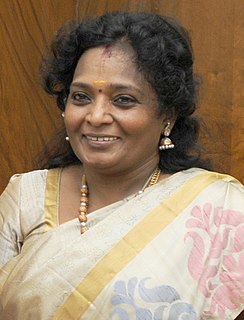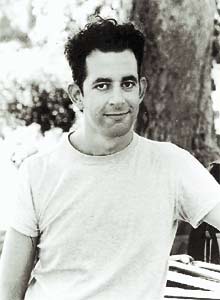A Quote by Thomas Sowell
In its pursuit of justice for a segment of society, in disregard of the consequences for society as a whole, what is called 'social justice' might more accurately be called anti-social justice, since what consistently gets ignored or dismissed are precisely the costs to society. Such a conception of justice seeks to correct, not only biased or discriminatory acts by individuals or by social institutions, but unmerited disadvantages in general, from whatever source they may arise.
Quote Topics
Accurately
Acts
Anti
Arise
Biased
Conception
Consequences
Consistently
Correct
Costs
Disadvantages
Dismissed
Disregard
General
Gets
Ignored
Individuals
Institutions
Justice
May
Might
More
Only
Precisely
Pursuit
Pursuit Of Justice
Seeks
Segment
Since
Social
Social Institutions
Social Justice
Society
Source
Whatever
Whole
Related Quotes
Human envy is certainly not one of the sources of discontent that a free society can eliminate. It is probably one of the essential conditions for the preservation of such a society that we do not countenance envy, not sanction its demands by camouflaging it as social justice, but treat it, in the words of John Stuart Mill, as 'the most anti-social and evil of all passions.'
I know I've erred in the past putting too much of my social justice sentiments in comics, but hopefully not too much, and I tried to only do that with characters that it made sense with it. These days, with the 'social justice' aspects of the two books I write, 'Catwoman' and 'Katana,' the concerns are more about moral justice.
Oliver Wendell Holmes said, "Think things, not words." In words, many see a need for "social justice" to override "the dictates of the market." In reality, what is called "the market" consists of human beings making their own choices at their own cost. What is called "social justice" is government imposition of the notions of third parties, who pay no price for being wrong.
While our heart for social justice grows out from the gospel, social justice by itself will not communicate the gospel. We need gospel proclamation, for as much as people may see our good deeds, they cannot hear the good news unless we tell them. Social justice, though valuable as an expression of Christian love, should, especially as a churchwide endeavor, serve the goal of gospel proclamation.
If you are trying to live a life in accordance with the Bible, the concept and call to justice are inescapable. We do justice when we give all human beings their due as creations of God. Doing justice includes not only the righting of wrongs but generosity and social concern, especially toward the poor and vulnerable.


































